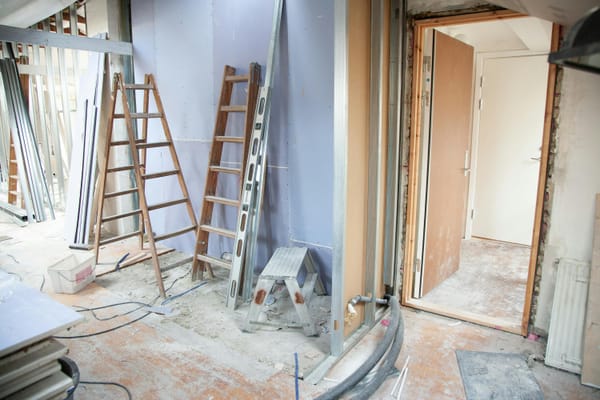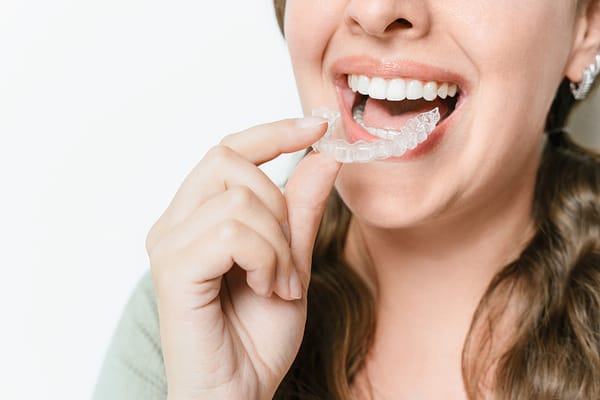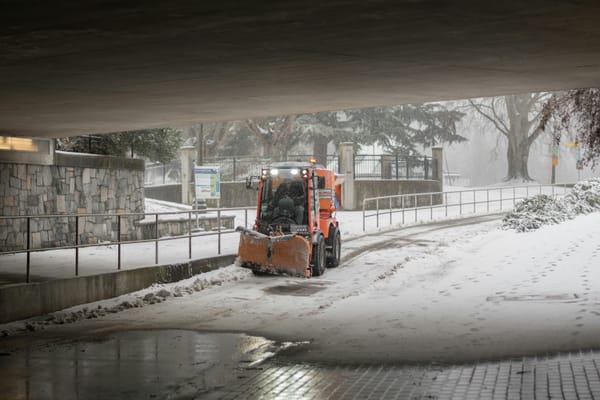Hardwood vs. Luxury Vinyl: Which Flooring Option Is Best for Your Bay Area Home?

Choosing the right flooring for your home is more than just a design decision—it’s a long-term investment in comfort, durability, and property value. If you’re a homeowner in the Bay Area, you're likely weighing two of today’s most popular options: hardwood flooring and luxury vinyl plank (LVP).
Each option has its strengths, and the best choice for you depends on your lifestyle, budget, and aesthetic goals. In this guide, we’ll break down the pros and cons of hardwood and luxury vinyl flooring, helping you make an informed decision tailored to your home’s needs.
🌳 What Is Hardwood Flooring?
Hardwood flooring is made from natural wood—typically oak, maple, walnut, or cherry—either as solid wood or engineered wood planks. Solid hardwood can be sanded and refinished multiple times, while engineered hardwood features a real wood veneer over a composite core.
Hardwood has been a go-to flooring option for decades due to its timeless look, long lifespan, and property-enhancing appeal.
🪵 What Is Luxury Vinyl Plank (LVP)?
Luxury vinyl plank is a synthetic flooring material designed to mimic the appearance of hardwood with added benefits like water resistance and cost savings. LVP consists of multiple layers, including a wear layer, photographic layer (which provides the wood look), and a waterproof core.
Thanks to technological advancements, many luxury vinyl products now replicate wood so well that even trained eyes may struggle to tell the difference at a glance.
⚖️ Hardwood vs. Luxury Vinyl: A Feature-by-Feature Comparison
Let’s compare the two across several critical factors:
✅ 1. Appearance and Style
Hardwood offers a natural, organic aesthetic that’s difficult to replicate. Every plank has a unique grain and texture, adding warmth and elegance to any room. It’s ideal for homeowners who value authenticity and timeless design.
Luxury Vinyl Plank uses high-definition imaging and textured surfaces to recreate the look of real wood. Modern LVP options come in a wide variety of colors, grain patterns, and finishes—from rustic oak to sleek walnut.
Verdict:
- Hardwood wins for authenticity
- LVP wins for design versatility and consistency
✅ 2. Durability and Scratch Resistance
Hardwood is durable but not invincible. It can dent or scratch from heavy furniture, high heels, or pet claws. Engineered hardwood is more stable than solid wood but still requires care.
LVP is built to withstand everyday wear and tear. Many products feature scratch-resistant top layers and are ideal for households with pets, kids, or high foot traffic.
Verdict:
- LVP is more scratch- and dent-resistant
- Hardwood requires more caution but can be refinished
✅ 3. Water Resistance
Hardwood does not handle moisture well. Water spills must be cleaned immediately to prevent warping, cupping, or mold.
LVP is inherently water-resistant or even waterproof, depending on the core construction. It’s ideal for kitchens, bathrooms, basements, and entryways.
Verdict:
- LVP is the clear winner for wet areas
- Hardwood is best reserved for dry, climate-controlled spaces
✅ 4. Installation
Hardwood usually requires professional installation, including subfloor preparation, nailing, or gluing. It may take days to acclimate and install properly.
LVP often features click-lock systems or glue-down options that allow for faster and easier installation—even as a DIY project in some cases.
Verdict:
- LVP is faster and cheaper to install
- Hardwood may involve a longer, more labor-intensive process
✅ 5. Cost
Hardwood flooring can cost anywhere from $8 to $15+ per square foot, depending on the species and finish. Installation costs are also higher due to labor intensity.
LVP typically costs $2 to $7 per square foot, with lower installation costs. This makes it a more budget-friendly option, especially for large areas.
Verdict:
- LVP offers significant savings in material and labor
- Hardwood is a long-term investment with higher upfront costs
✅ 6. Maintenance and Lifespan
Hardwood requires periodic refinishing to maintain its appearance, especially in high-traffic areas. However, well-maintained hardwood can last 50–100 years.
LVP requires minimal maintenance—regular sweeping and mopping will do. However, it typically lasts 15–25 years, depending on quality and wear layer.
Verdict:
- Hardwood offers superior longevity with proper care
- LVP offers low-maintenance durability at a lower lifespan
✅ 7. Environmental Impact
Hardwood is a natural product, and sustainably harvested wood can be an environmentally responsible choice. Engineered wood uses fewer raw materials but may contain adhesives.
LVP is made of synthetic materials, including PVC. While some manufacturers offer low-VOC and recyclable options, it’s generally less eco-friendly than natural wood.
Verdict:
- Hardwood wins for sustainability (especially FSC-certified products)
- LVP may raise environmental concerns unless eco-conscious options are chosen
🏡 Which Flooring Is Right for Your Bay Area Home?
Still undecided? Here’s a quick breakdown by lifestyle:
Choose Hardwood If You:
- Want natural, timeless beauty
- Live in a dry, climate-controlled area
- Plan to stay in your home long-term
- Value higher resale appeal
- Don’t mind occasional refinishing
Choose Luxury Vinyl Plank If You:
- Have pets or children
- Need waterproof flooring
- Want a lower-cost option
- Prefer low-maintenance materials
- Live in a high-humidity or coastal area
🌁 Considerations Specific to Bay Area Homes
- Moisture & Fog: LVP is often favored in coastal or foggy areas like San Francisco and Santa Cruz.
- Historic Homes: Hardwood may be preferable in Victorian or craftsman-style homes in places like Berkeley or Palo Alto.
- Resale Value: In competitive real estate markets like Los Altos and Campbell, hardwood can increase buyer appeal.
- Budget Projects: For landlords or commercial properties, LVP provides durability without stretching the budget.
✅ Final Thoughts
When it comes to hardwood vs. luxury vinyl flooring, there’s no one-size-fits-all answer. The right choice depends on your space, usage needs, and design vision. Hardwood offers long-term elegance and property value, while LVP delivers practicality and affordability.
Both options are available in a wide range of finishes and colors, and many Bay Area flooring showrooms—including those in San Leandro, Campbell, and Los Altos—offer side-by-side comparisons to help you decide.



